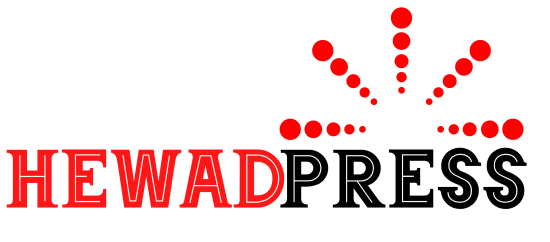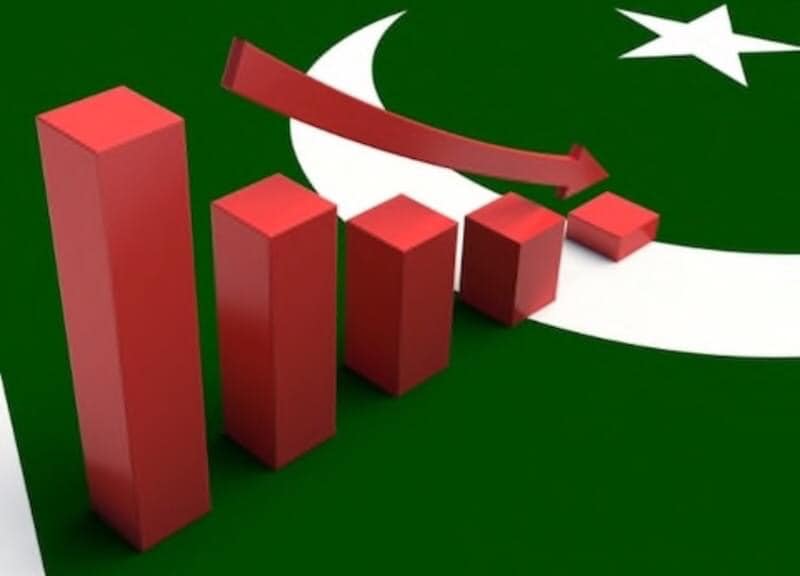Pakistan is facing a multi-dimensional crisis, probably the worst since 1971 when it broke up after the Bangladesh war.
The crisis is overwhelming for Pakistan’s army establishment and political players and there is almost a universal sense of the lack of direction. Last week, Pakistan’s prime minister and army chief visited Saudi Arabia and the United Arab Emirates pleading for more aid to prevent the looming default as Pakistan’s foreign exchange reserves plunged to a nine-year low to just $4.3 billion, a level not enough to pay even one month of imports. Pakistan depends heavily on imports.
There are early signs of social unrest due to the worsening wheat crisis, which reportedly has led to citizens fighting over bags of flour and at least one person getting trampled to death.
Economic commentators generally describe Pak’s troubles in terms of its chronic twin deficits: recurring current account deficits & fiscal deficits. Its number 1 issue is the intellectual bankruptcy & short-sightedness of its military, political, business, & land owing elites.
William Easterly described Pakistan’s political economy as a paradox of growth without development in a 2001 World Bank case study. However, even the growth has faltered during the last 25 years as indicated by a yawning gap in GDP per capita growth compared to many developing countries, notably India and Bangladesh. 25 years ago, Pakistan’s GDP per capita was 46% higher than India’s, now it is 20% less. What went wrong? There is little recognition in Pakistan that as globalization swept across the world after the fall of the Berlin Wall, countries like India, China, and Bangladesh seized the opportunities offered by trade liberalization & progressed but Pakistan’s ruling elites continued to view the world through a cold war mindset & thought foreign aid would continue to enable Pakistan to extract geo-strategic rents. One example of such misguided policies is Afghanistan. It is nothing short of a strategic disaster that after spending nearly two decades of supporting the Taliban and celebrating their return to power in August 2021 as an instance of “breaking the chains of slavery”, Pakistan finds itself diplomatically isolated with little leverage even with Afghanistan.
Military spending is among the top ten globally, in terms of % of the GDP. Its tax to GDP ratio of around 9% is among the lowest in the world. It has to borrow more every year because there is no money left in the budget to spend on development after servicing debts & military spending. According to a United Nations Development Program (UNDP) report, the military establishment owns the largest conglomerate of business entities in Pakistan, besides being the country’s biggest urban real estate developer and manager, with wide-ranging involvement in the construction of public projects. Some political activists call Pakistan “protistan” alluding to the fact that buying and selling plots of land is the most lucrative business in Pakistan due to an extremely favorable tax regime.
Malik Riaz is a microcosm of Pakistan’s real political economy where all the state institutions and major political actors act in concert to protect their class and corporate interests. How do people manage? Pakistan’s poorest 20% struggle to survive. According to a United Nations Development Program report, the “poorest 20% of Pakistanis fall in the low human development category, with a Human Development Index (HDI) value of just 0.419. This is below Ethiopia’s HDI value and comparable to that of Chad, which ranks 186th of 189 countries in the global HDI ranking.” Large numbers of lower income and middle class Pakistanis are able to make ends meet due to the generosity of their relatives abroad.
In 2021, remittances from overseas Pakistanis accounted for 12.6% of the GDP, compared to 6.5% of Bangladesh and just 3% in India. It is not surprising, therefore, that 90% of Pakistan’s economy is driven by consumption with chronically low savings and investment levels.
Can Pakistan continue to live off foreign aid and workers’ remittance without reforming the economy? Pakistan’s elites were never under so much pressure to answer this question as they are now.
Yousuf Nazar
Political economy. Ex-Equity Investments Head, Strategist Citigroup Author

